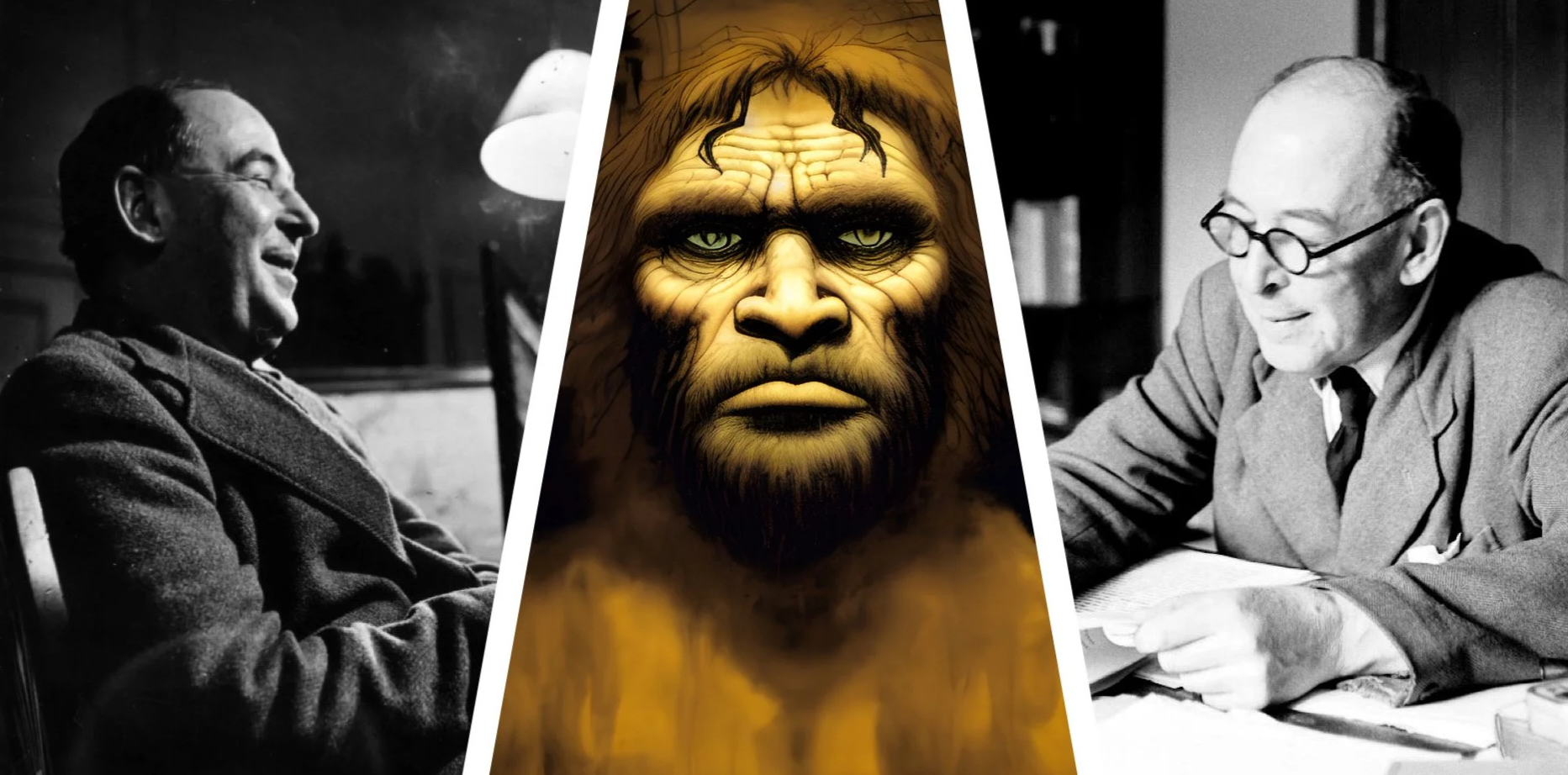Sehnsucht and flying
/This week while running Christmas errands—including a couple trips to urgent care—I listened to the latest episode of The Rewatchables, a 100-minute conversation about F1, which was great entertainment both in the theatre and at home.
The movie is bookended with scenes in which the main character, skilled “never-was” driver Sonny Hayes, is asked about the money involved in racing. Both times he says, “It’s not about the money.” Both times he’s asked in response, “So what is it about?” The answer comes just past the midpoint of the movie, when Sonny opens up to Kate, his romantic interest. After explaining his past—early promise, a near-fatal crash, anger, resentment—he describes realizing that what he’d lost in his youth was his “love for racing.” That’s what it’s really about. And that love is both rooted, sustained, and occasionally manifested in a specific experience. Sonny:
“It’s rare, but sometimes there’s a moment in the car where everything goes quiet, my heartbeat slows, it’s peaceful, and I can see everything. And no one, no one can touch me. And I am chasing that moment every time I get in the car. I don’t know when I’ll find it again, but man, I want to. I want to. Because in that moment—I’m flying.”
Kudos to Brad Pitt for selling this speech. I felt it.
What the discussion on The Rewatchables made me realize, in reflecting on this expression of longing and its fulfillment at the climax of the movie for the nth time since watching F1, is that Sonny is describing a sensation for which we actually have a word: Sehnsucht.
Sehnsucht is a loanword from German meaning “longing” or “yearning” or, in the prosaic translation possible, “desire,” but implies much more than these. Far from a rational want or need or a simple appetite which can be gratified materially, Sehnsucht is sharp, long-lasting, oriented toward something far-off, rare, but obtainable, and is as sweet to endure as it is to fulfil. It was an important concept to the German Romantics and—the point of this post—CS Lewis.
Lewis wrote about Sehnsucht explicitly in a few places (and there’s an academic journal dedicated to Lewis’s work by this name), but his most memorable and poignant descriptions of it some from his memoir Surprised by Joy, in which Sehnsucht plays the title role. In the first chapter, Lewis describes three childhood incidents that awakened in him a sense of and permanent desire for “joy.” This aching desire proved yet more poignant by breaking in unexpectedly—while peering into his brother’s toy garden, when reading Squirrel Nutkin, when reading an English translation of skaldic poetry—and unpredictably. Lewis:
The reader who finds these three episodes of no interest need read this book no further, for in a sense the central story of my life is about nothing else. For those who are still disposed to proceed I will only underline the quality common to all three experiences; it is that of an unsatisfied desire which is itself more desirable than any other satisfaction. I call it Joy, which is here a technical term and must be sharply distinguished both from Happiness and from Pleasure. Joy (in my sense) has indeed one characteristic, and one only, in common with them; the fact that anyone who has experienced it will want it again. Apart from that, and considered only in its quality, it might almost equally well be called a particular kind of unhappiness or grief. But then it is the kind we want. I doubt whether anyone who has tasted it would ever, if both were in his power, exchange it for all the pleasures in the world.
As Sonny Hayes might put it, “It’s not about the money.”
F1 is satisfying because it makes us feel Sonny’s Sehnsucht, a source and object of desire worth orienting one’s entire life around, and the joy, too deep for words, that comes with its satisfaction. This speaks to people—look at the climactic scene on YouTube and browse the comments. I’m not going to pretend that F1 is high drama, but it’s exquisitely crafted entertainment and, in the person of Sonny and his sweet, unsatisfied desire to “fly,” dramatizes beautifully an aspect of the human heart that is all too easy to ignore or, in our age, simply smother.
But of course Lewis would remind us that even Sehnsucht is not desire itself, but a pointer beyond: “If I find in myself a desire which no experience in this world can satisfy, the most probable explanation is that I was made for another world. . . . Probably earthly pleasures were never meant to satisfy it, but only to arouse it, to suggest the real thing.”
Tellingly, despite getting the girl, saving his friend’s team, raising a younger driver to maturity, and winning the big race, F1 ends with Sonny back on the road, chasing that feeling of flying.










